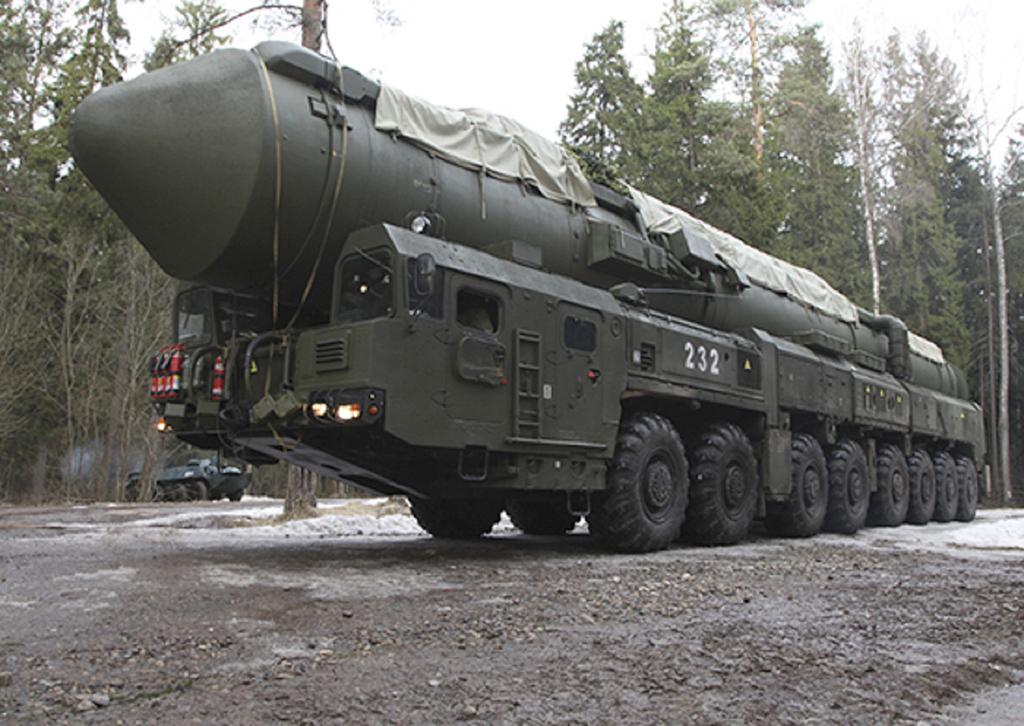
Credit: Russia Ministry of Defense
President Vladimir Putin ordered Russian nuclear forces to assume a “special mode” of alert on Feb. 27 in response to economic sanctions and aggressive statements by NATO members against his country. “Western countries aren’t only taking unfriendly economic actions against our country, but leaders...
Subscription Required
This content requires a subscription to one of the Aviation Week Intelligence Network (AWIN) bundles.
Schedule a demo today to find out how you can access this content and similar content related to your area of the global aviation industry.
Already an AWIN subscriber? Login
Did you know? Aviation Week has won top honors multiple times in the Jesse H. Neal National Business Journalism Awards, the business-to-business media equivalent of the Pulitzer Prizes.

